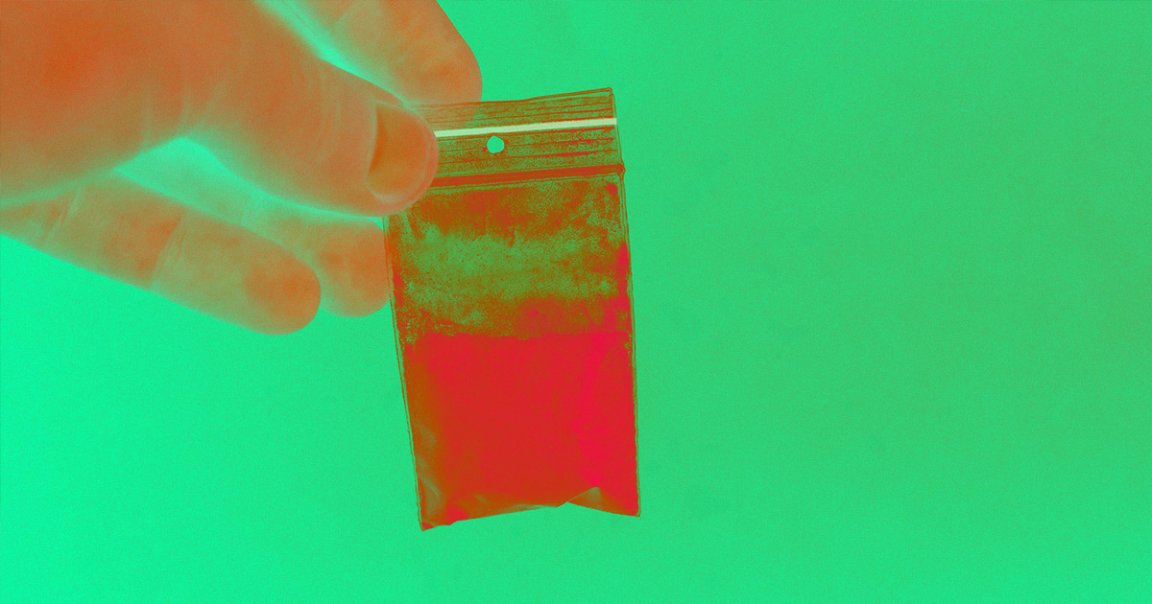
Party’s Over
Mayo Clinic scientists have proposed a new treatment for cocaine addiction, that’s, somehow, taken humans over two millennia to figure out:
Make it less fun.
More Like No-caine
Writing in The Conversation, a pair of University of Tennessee scientist report that Mayo Clinic researchers have published a paper with the whimsically longwinded title “Systemic Safety of a Recombinant AAV8 Vector for Human Cocaine Hydrolase Gene Therapy: A Good Laboratory Practice Preclinical Study in Mice.”
Long story short, it appears that injections of a neurotransmitter-regulating human protein produced positive results for reducing cocaine addiction in mice.
Problem is, daily injections are too impractical to be a realistic therapy. So the Mayo researchers asked: Why not use advances in gene therapy to give bodies the instructions to keep making these super-proteins on their own? The initial results of mice trials were so substantial, the FDA has approved the study for humans.
More Like Slow-caine
But don’t expect to see this on the menu at a rehab clinic anytime soon.
Research on humans could take years, and the long-term affects of this kind of gene therapy are still poorly understood. These initial results are promising, though — and not just for this specific application, but the seemingly endless possibilities of gene therapy, too.
Cocaine, on the other hand, could not be more disappointed.
READ MORE: A Potential Gene Therapy Could Combat Cocaine Addiction [The Conversation]
More on cocaine: Scientists Kept Rats Sober by Deleting Memories of Cocaine
More on cocaine: Magnetic Brain Stimulation Could Help Users Overcome Cocaine Addictions
More on cocaine: She Don’t Lie, She Don’t Lie, She Don’t Lie